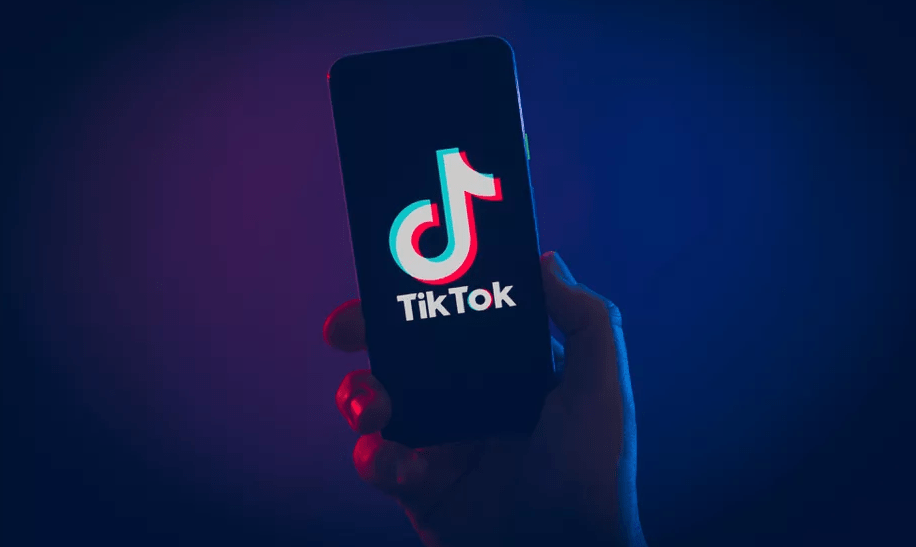It’s hard to contemplate the fact that in the 21st century, teenagers are creating blatantly racist TikTok videos in which they make derogatory jokes like how all black people have absent fathers, only eat watermelons and fried chicken or are incapable of making good choices, but this is our reality.
A TikTok video featuring two Caucasian teenagers pouring cups of water as “ingredients” like “rob people” and “go to jail” onto a piece of paper with the n-word written on it has recently gone viral, sparking a conversation about racism on the online platform. While the couple has been condemned and expelled from their high school, a plethora of underlying problems remain unaddressed on TikTok.
A video-sharing social networking platform full of creative videos of dances and comedy skits sounds harmless, but also a bit too idealistic for people who have been all too familiar with others’ misuse and abuse of their free speech on the Internet. Countless videos of Caucasian people and even non-black people of colour saying the degrading n-word, making jokes perpetuating bigoted stereotypes and disguising them as “dark humour” exist on TikTok. In fact, they get recommended to users and gain traction due to public outrage, helping these creators gain publicity and their brand.

Apart from explicitly inappropriate content like making fun of slavery and using universally forbidden derogatory terms, TikTok has long been a platform that encourages less-than-principled behaviour and marginalises minority groups. Almost everyone that uses the Internet or follows popular culture knows the Renegade dance, and most modern-day dance trends gain popularity on video-sharing apps like TikTok. What a lot of people did not know is that the original creator of the viral Renegade dance is Jalaiah Harmon, a 14-year-old black girl from Atlanta, instead of Charli D’Amelio, who amassed a large online following, received brand deals, met celebrities and appeared on a Superbowl advertisement for her own rendition of the dance. There were a number of white girls who saw Jalaiah’s dance on Instagram and copied it on TikTok without crediting her, but Charli’s video was the one that gained her media opportunities and global fame. Jalaiah, an aspiring dancer trained in hip hop, ballet and tumbling, had to go on multiple influencers’ videos’ comment sections and make another video for the public to recognise her legitimacy and originality. But Charli has already taken the title of the “C.E.O.” of the Renegade dance and run off with the recognition.
You might ask: How is TikTok, the platform itself, the instigator of all this? For one, it does nothing to hold creators accountable for their actions in most cases. Videos of white girls with stolen dance ideas from black creators and people doing the “How’s my form?” challenge mocking different races remain on the platform for weeks despite complaints. A lot of their accounts face no deactivation or even warnings, and public outrage only helps them gain more traction and clicks, pushing them onto TikTok’s “For You” page. The lack of accountability exacerbates these creators’ comfortability with bigotry and edgy jokes which are way past any decent person’s boundaries.
On top of that, TikTok suppressed videos from creators who are too “ugly, poor or disabled” for its community and the “aspiration air” it promotes. Policy documents reveal that moderators are instructed to exclude videos featuring users that have an “abnormal body shape (not limited to: dwarf, acromegaly),” who are “chubby … obese or too thin” or who have “ugly facial looks or facial deformities” from the “For You” feed that can drive great numbers of views and followers. Videos with a shooting environment that is “shabby and dilapidated” should be removed as well. This can be confirmed by hundreds of users who have questioned the homogeneity of the most popular TikTok videos with the common characteristics of featuring conventionally attractive white people with affluent backgrounds. The same also helps to explain why Jalaiah’s initial video of the Renegade dance did not help her skyrocket to fame, but Charli’s video did.

A spokesperson claimed the objective was to prevent bullying by keeping certain users from becoming the centre of attention that “could turn sour” and that the guidelines mentioned are no longer in use. However, sources indicated that they were in use through at least late 2019. What we know for sure is that TikTok’s mechanisms and regulations followed racist, ableist, elitist and body-shaming values.
Knowing that glaringly obvious racist behaviour is uplifted on a multimillion-dollar online platform in 2020 is distressing, isn’t it? What is even more distressing is that we, the general public who are mostly respectable and would criticise any immoral behaviour, are aggravating this trend of being scandalous. While TikTok should take its responsibility to regulate its content in an impartial, ethical way, us being outraged at teenagers yelling racial slurs every other day would only direct the public’s attention to them and offer them free publicity. While holding people accountable for their actions is valid, we should choose our battles and give thought to the good and harm our actions bring.
Image: James Martin / CNET

